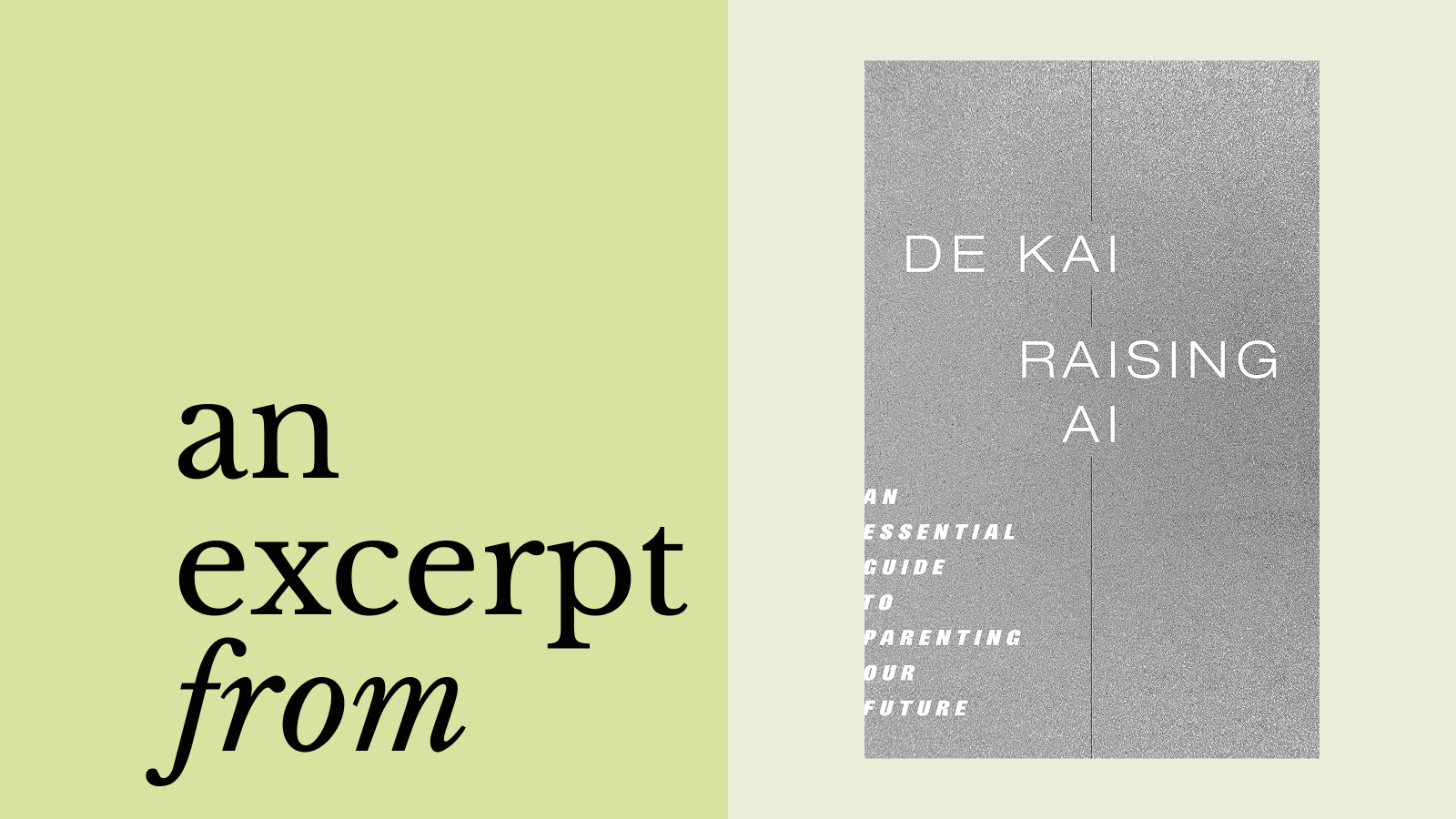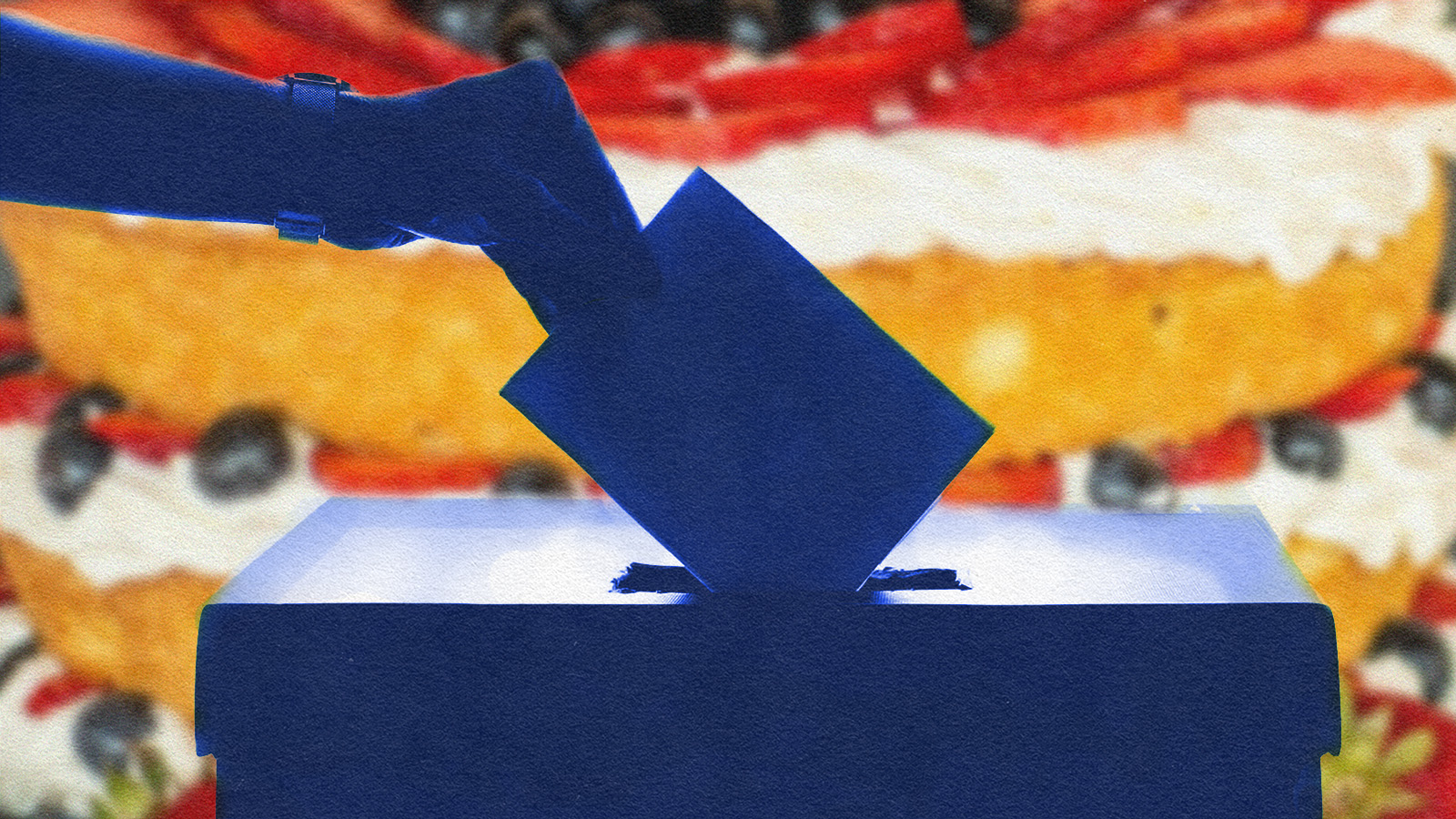Or Was it the Bradley Effect?
One other possible explanation for the inaccurate NH poll predictions is the so-called Bradley Effect. Below is part of the discussion at Slate, a hypothesis that Krosnick is then quoted as doubting:
This sort of jarring of our expectations conjures up past examples of black candidates who have polled significantly higher than their white opponents, only to confront a very different reality when the votes are counted. Pollsters know this as the “Bradley Effect,” christened for former Los Angeles Mayor Tom Bradley, a black man who narrowly lost the 1982 California gubernatorial election to a white opponent even though Bradley led in the polls. (It’s sometimes also referred to as the “Wilder Effect,” after Douglas Wilder, who had been polling at 10 points ahead of Marshall Coleman in the 1989 governor’s race, beat Coleman by less than a point.) Harold Ford Jr., who lost his bid for a Senate seat in Tennessee in 2006, also polled better than he performed.
One theory is that voters contacted by pollsters are more likely to say they support a black candidate running against a white candidate out of desire to seem progressive. Social psychologists called this “social desirability” – the urge to act in ways that one believes his or her environment finds appropriate.
In a February 2007 article, the Pew Research Center noted that this effect was decidedly less pronounced in 2006. While black candidates lost four of five statewide races against white opponents, the polling tended to reflect this. “Taken together,” it states, “the accuracy of the polling in these five biracial elections suggests that the problems that bedeviled polling in the 1980s and early 1990s may no longer be so serious.”




